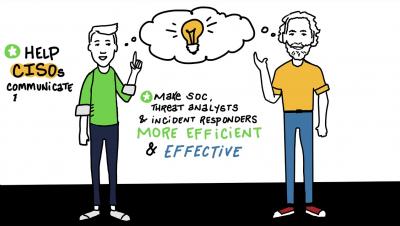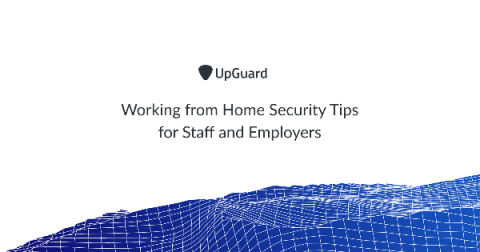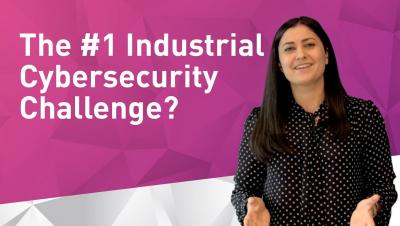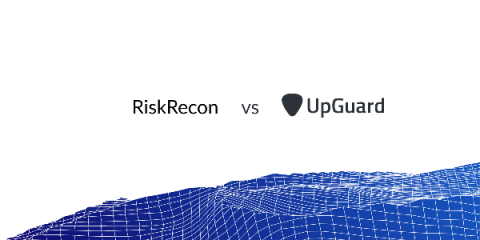What Are SOX Compliance Requirements?
The Sarbanes-Oxley (SOX) Act was signed into law on July 30, 2002. The law drafted by congressmen Paul Sarbanes and Michael Oxley aimed to improve corporate financial governance and accountability while protecting shareholders from accounting errors and fraudulent activity. The real fuel for the SOX law came from the inappropriate financial conduct of three large companies Enron, Tyco, and WorldCom.










